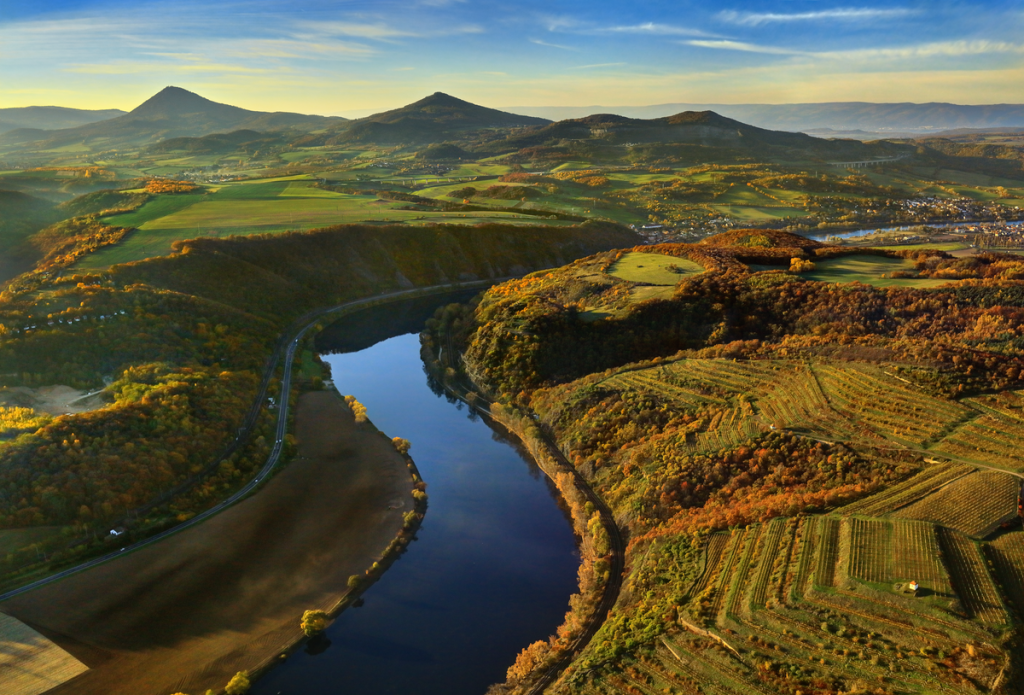The Italian government has proposed a bill banning lab-grown meat and other synthetic foods, citing safety concerns and a threat to Italian food culture.
1. Banning synthetic food
Soon after a series of governmental decrees banned flour derived from insects, such as crickets and locusts, form being used in pizza and pasta, the Italian government is now proposing a new bill that would ban all synthetic foods, including lab-grown meats and fish, as well as synthetic milk – anything that is produced from animal cells without actually killing the animal.
Laboratory products do not guarantee quality, well-being and the protection of the Italian food and wine culture and tradition, to which part of our heritage is linked.
Francesco Lollobrigida, Italian Minister of Agriculture
“We could only celebrate with our farmers a measure that puts our farmers in the vanguard, not just on the issue of defending excellence… but also in defending consumers”, Prime Minister Giorgia Meloni commented on the bill.
Over the past few months, Coldiretti (National Confederation of Direct Farmers), the largest association representing and assisting Italian agriculture, has been collecting signatures for protecting natural food as opposed to synthetic food. The petition has already been signed by about half a million people, according to the BBC, including by Meloni.
Ministers backing the proposals consider synthetic food threatens Italy’s food tradition and prized Mediterranean diet, as well as the hard-working farmers. Italian Minister of Agriculture, Francesco Lollobrigida, said this is a “battle of civilisations” to defend the citizens’ health, the Italian means of production, the Italian food quality and the Italian culture, or, in a nutshell, their “food sovereignty”.
Una battaglia di civiltà. A difesa della salute dei cittadini, del nostro modello produttivo, della nostra qualità, della nostra cultura, semplicemente la nostra SOVRANITÀ ALIMENTARE 🇮🇹 pic.twitter.com/kFGMnvlbMB
— Francesco Lollobrigida 🇮🇹 (@FrancescoLollo1) March 29, 2023
“Farmers are asked to invest in making their product more environmentally friendly, while investors with no scruples are promoting a product that is anything but natural under the pretext of protecting the environment”, Paolo Zanetti, the head of dairy industry group Assolatte told Il Sole 24 Ore financial newspaper while praising the government’s plan.
If the law is approved, breaking it could bring fines of up to €60,000.
2. EU regulations
Despite the Italian government’s best efforts, the European Food Safety Authority is already considering cell-based agriculture, and especially cultured meat (also called in vitro meat, lab-grown meat, artificial meat, cellular meat or cell-based meat) and cultured seafood, as a promising and innovative solution to help achieving the objectives of the farm to fork strategy for fair, safe, healthy and environmentally friendly food systems.
If, or when, the EU approves synthetic meats, Italy will be unable to stop its sale due to the internal market principle of free movement of goods, which ensures there are no internal borders and no restrictions to trade between EU Member States.













